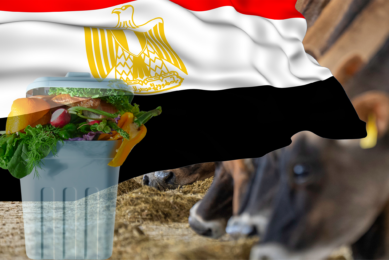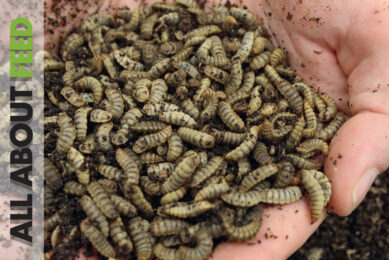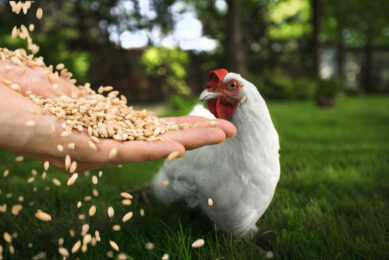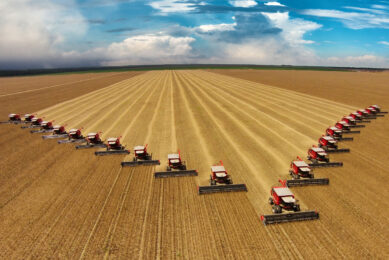How does seaweed in organic dairy diets affect manure in soils?
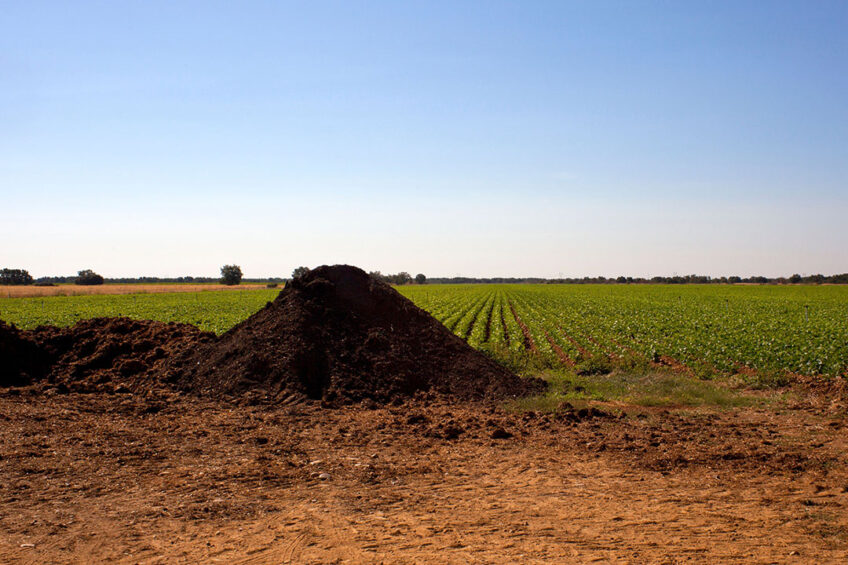
Seaweed supplements may partially reduce climate impacts of manures from cows and could be part of a successful strategy to reduce methane emissions in agriculture. But what is the impact of that manure in soils.
Enteric methane emissions are one of the largest components of the anthropogenic methane budget and with climate change accelerating, there are calls to reduce this type of greenhouse gas emissions.
It is known that certain seaweeds fed as supplements can reduce enteric methane emissions from ruminant animals by as much as 80% but these studies have yet to analyse downstream impacts that may arise from the deposit of affected manures on pastures or agricultural fields.
Trial – analysis of the impact of manure
US scientists conducted a 28-day soil and manure incubation utilising manures collected from dairy cows in a seaweed feeding trial to analyse the impacts of manure on greenhouse gas fluxes and nutrient cycling.
Cows were fed different diets of 3% and 6% dry-weight seaweed supplementation with a control group not having any seaweed. Three soil moisture treatments were also tested, with a field moist capacity – 67% gravimetric water content, a drier group – 50% GWC and a saturated treatment – 84% GWC.
Results
The scientists, led by Professor Kyle Arndt of the Woodwell Climate Research Centre, Massachusetts, found that manure from seaweed-fed cows reduced emissions of carbon dioxide and had similar emissions of methane and nitrous oxide to the control.
Higher moisture levels increased CH4 and nitrous oxide emissions, with CH4 emissions trending higher in seaweed supplements. Inorganic nitrogen turnover varied more, based on moisture levels rather than seaweed supplements, as did the magnitude of methane and nitrous oxide emissions.
Total carbon and nitrogen mostly decreased except in the 3% seaweed supplementation, which increased carbon and nitrogen with a drop in C:N in the 50% GWC group.
Conclusion
The study demonstrated that seaweed amendments might confer downstream climate benefits in the form of reduced greenhouse gas emissions, or at the very least, confer no harm, without impacting manure quality. However, they recognised that the results are based on manure thoroughly mixed with soil. But ruminants on pasture, urine and faeces would be deposited separately and contain different nutrient and microbial profiles.
So, they suggest that future studies should examine the benefits or drawbacks of seaweed supplementation on soil-crop-livestock agroecosystems in situ to ensure it more realistically captures how urine and faeces interact with soils over a variety of environmental conditions. In addition, the effects of seaweed supplements can change over time and so longer-term studies are needed.
“Seaweed supplementation to organic dairy cows may reduce climate impact of manures in pasture soils during a laboratory incubation,” is published in the Journal of Sustainable Agriculture and Environment




